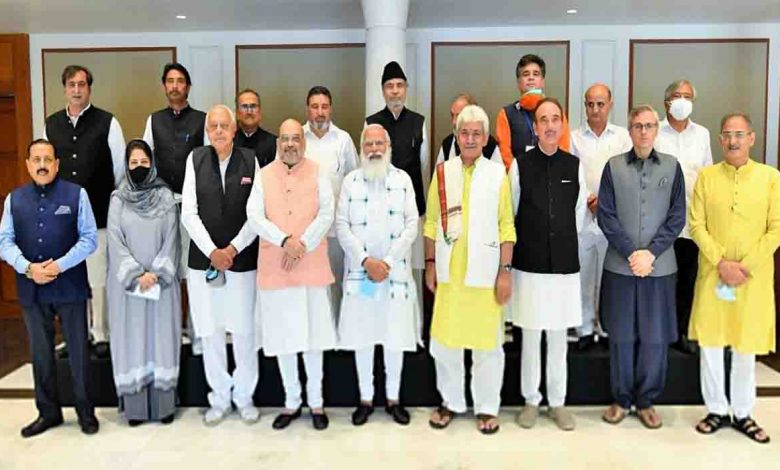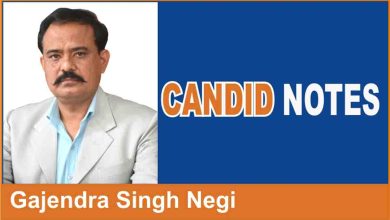Together

Saturday, 26 June 2021 | Pioneer
Modi’s meeting with Kashmiri leaders heralds a new era in its truncated development plans
A small step for Delhi but a giant step for Kashmiris as well? That just about sums up the meeting between the Prime Minister and leaders of political parties of Jammu and Kashmir in the Capital. Call it whatever — exploratory or under international or domestic pressure — the meeting is a move forward since the revocation of the State’s special status. It signals the resumption of political communication between Delhi and the truncated State after a two-year hiatus. In terms of the meeting’s tone and tenor, neither was the Centre condescending nor the State leadership overtly aggressive. The meeting, without agenda, could be the fallout of the eagerness to restore democratic governance in J&K or because of international developments that have a bearing on Kashmir, or both. It needs to be seen in the backdrop of India’s concern about the impact on the Kashmir dispute and cross-border terrorism of the US troops’ withdrawal from Afghanistan, ongoing backchannels talks with Pakistan and the continuing border impasse with China. The visual of the Prime Minister and the Home Minister with leaders of J&K parties is a powerful message at this juncture which, from the Centre’s point of view, appears to answer criticism of democracy being left in limbo in the former State for too long. The perception generated after the meeting is that both sides have explored the possibility of concluding the delimitation exercise as a prelude to holding of elections — even if the resultant Government will have limited authority — but without any assurance on return of statehood.
That is one part of the story. The agenda, from the Union Government’s point of view, is the final integration of the State with mainstream India as per the ideological philosophy of the BJP. The ground in Kashmir has been prepared for it in terms of new laws and reforms that propose demographic changes. All that was left for the Centre to do was encourage the local parties to gradually take part in the electoral process and thus normalise the changes. The parties, by raising issues related to democracy — elections, and statehood — and only obliquely referring to Article 370 — will fight it in the courts — in principle heard the Government out. They know that they have to go back and communicate to the people the importance of the Centre’s political outreach. They wonder if J&K achieved a new normal in August 2019 that is becoming difficult to reverse. Having been out of public life for over a year with curtailed freedom and limited communication facilities, they are only eager to resume politics. They will have to find a way of explaining their position where they do not question India’s sovereignty over J&K but cannot digest the end of its autonomous status, and where they are inclined to let the democratic process continue for existential reasons but cannot defend putting the Article 370 issue on the back burner. Will they bite the bullet?






